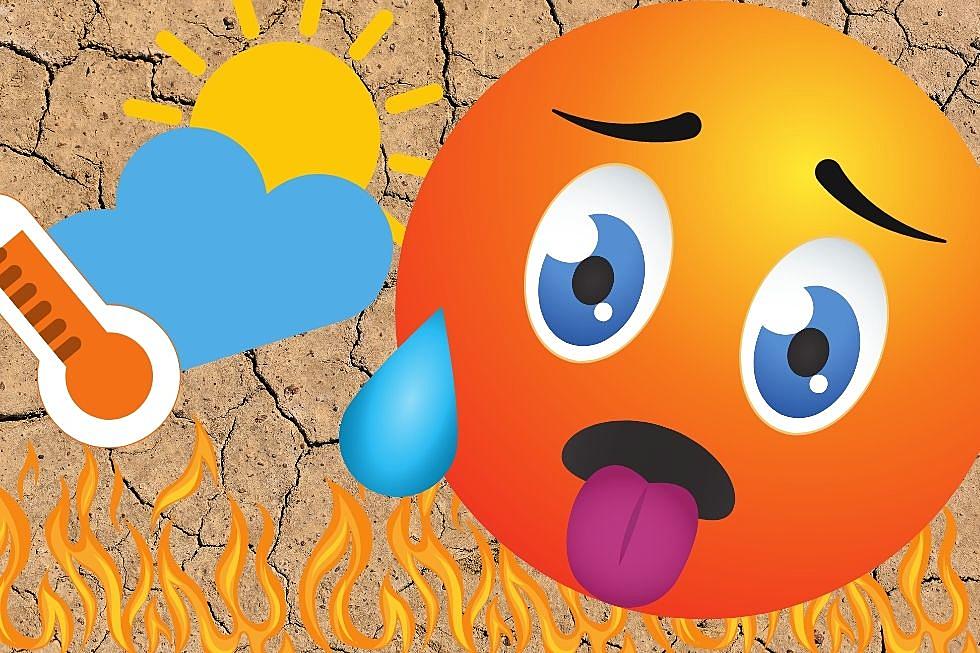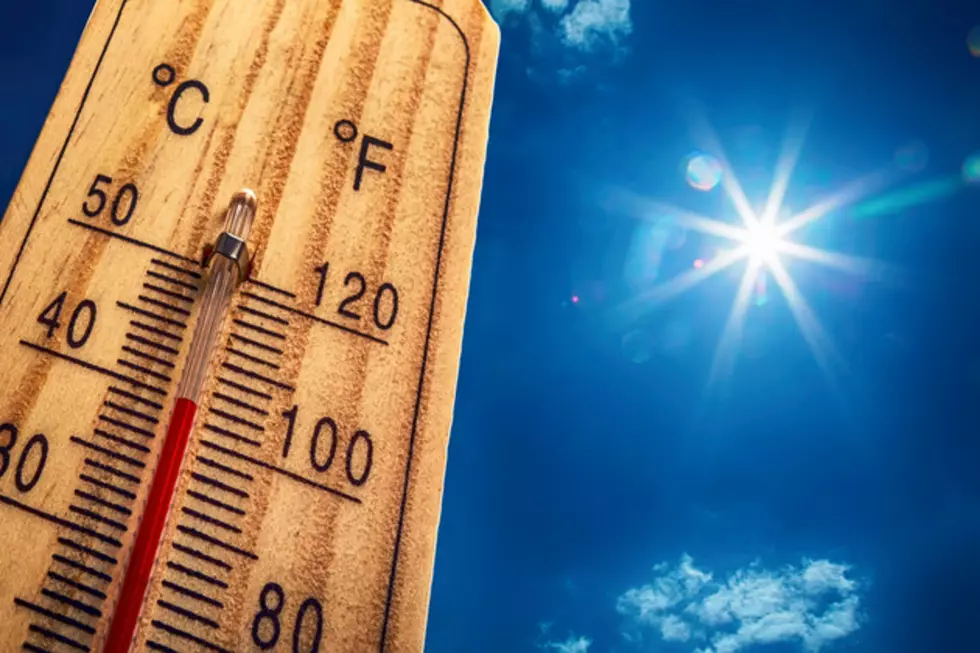
Look Out For A Hot and Dry Summer In Arkansas And Texas
The long-range forecast for summer in Texarkana is calling for hot temperatures and below normal rainfall.
The Farmers' Almanac is so full of information. From basic weather forecasting which is surprisingly accurate. They even go into detail on when is the best time to plant your vegetables in your garden. I remember my parents keeping a copy of the Farmers Almanac for as long as I can remember. Here is what the Farmers' Almanac had to say about the Summer for the United States this year.
No question about it: This summer weather is going to be remembered as a hot one nationwide. Only in New England and around the Great Lakes will the overall average temperatures tilt toward “seasonably warm,” but that’s based on a wave of unseasonably cool air that arrives in September.
According to their long-term forecast, our Summer will be "broiling heat" and normal rainfall.
This is what they had to say about Texas and Arkansas for the next few months. April will be cooler and have more precipitation than normal with temps about 2 degrees below normal and rainfall totals being 1 inch above normal. In May the temps will be slightly above normal and rainfall totals will be above normal. July is when the heat comes with temperatures in the triple digits for our area.
Are you ready for a hot and dry summer? I think we can all stand for it to dry out a little but 100-degree temperatures may be something we can do without.
LOOK: The most expensive weather and climate disasters in recent decades
More From Majic 93.3









